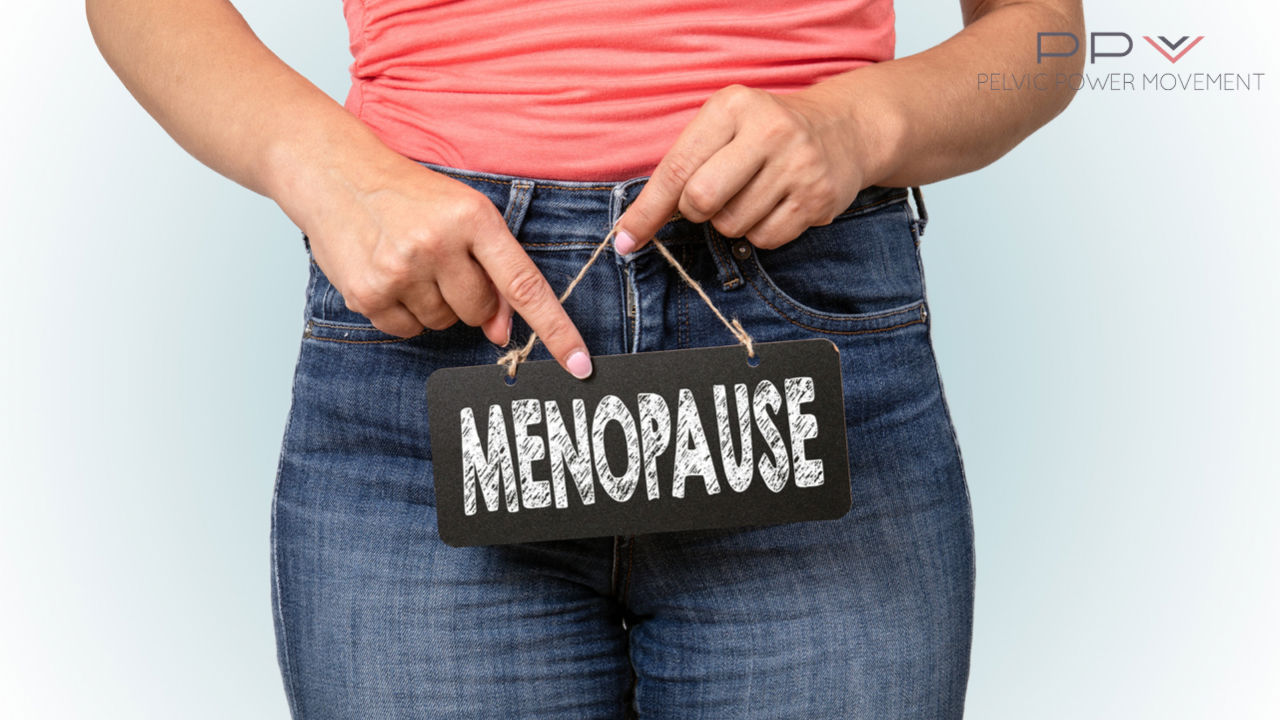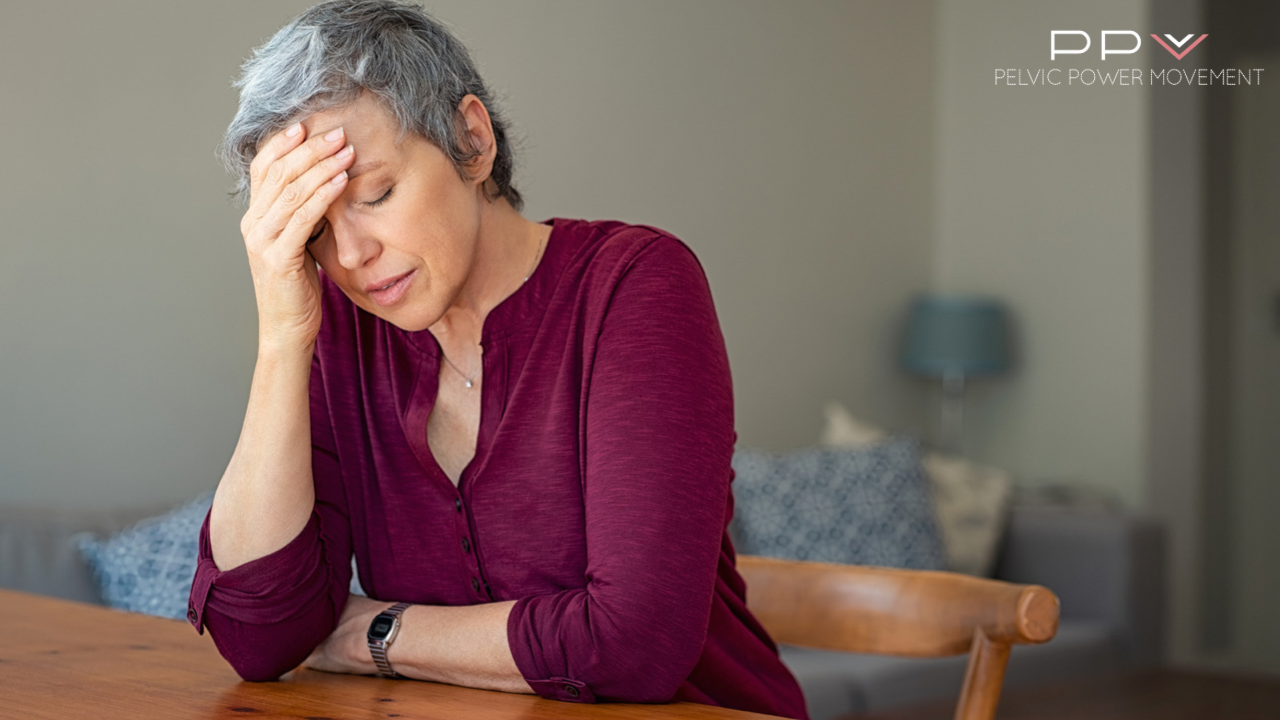Let’s Just (Meno)Pause for a Minute

Times are changing. So many taboo topics are discussed more nowadays, and that’s great. But are times changing quick enough? Are menopausal women getting the help and support that they need and deserve? That question is debatable. Most women know what menopause is and around what stage in their life it will occur. But most do not know what to expect regarding the physical and mental changes they will experience. Another topic known so little about is perimenopause. There are so many questions but so little education. Let’s look at it in more depth…
So, what is Perimenopause?
The simplest way to describe perimenopause is the “lead up to menopause” when our bodies are starting to transition towards the end of our reproductive years. These changes usually begin in our 40s, but for some women, it can start as early as our mid-late 30s, with others experiencing it even earlier. It can be very daunting if we don’t have the answers we need in advance.
During perimenopause, the body's oestrogen levels, the primary female hormone, rise and fall unevenly. Once menopause starts, our ovaries stop producing so much of the hormone oestrogen. This drop in oestrogen levels stops our periods and can also cause other unpleasant side effects, including hot flushes and changes in mood, to name just a few. Perimenopause can be a terrifying time if we don’t fully understand these changes, and it shouldn’t be. It is normal, and if we all had a little more education, we could and should experience these changes with confidence for the future.
Lets look at some of the changes that our bodies will go through:
Irregular Periods – As we enter menopause, our hormone levels fluctuate and decline, often having a knock-on effect on our menstrual cycle. Irregular periods are common and normal during perimenopause. It is, in fact, one of the main changes that take place in our bodies during this time. Though the exact symptoms of irregular periods vary depending on a woman's unique cycle, most women will experience irregular periods for three to ten years before their periods stop completely.
Hot Flushes – Hot flushes are another of the most common symptoms of perimenopause; over 75% of women will experience them. They are sudden and unexpected sensations of heat all over the body accompanied by sweating; these flushes begin in the face before spreading to the chest and the rest of the body. Hot flushes can occur at any time of the day and last for several minutes. Some women have them a couple of times per week, while others experience them every hour. Hot flushes that happen at night are known as night sweats.
Changes In Mood – As the production of ovarian hormones declines, it impacts the whole body. In particular, its impact on the brain can be hugely significant. Low mood due to menopause is a prevalent symptom but is often not recognised as being due to hormonal changes arising from perimenopause and menopause. Oestrogen is vital for brain function, and an area of the brain called the limbic system requires oestrogen to function correctly. The limbic system has many functions, but it is essential in managing mood, anxiety, memory and libido.

Disrupted Sleep Patterns - Menopause is a time of significant hormonal, physical, and psychological change for women; all that change can wreak havoc on our sleep. Sleep issues, such as insomnia and hot flushes, are common, with sleep disorders affecting 39 to 47 percent of perimenopausal women. Insomnia describes a chronic difficulty falling or staying asleep that occurs more than three nights a week. Individuals with insomnia experience restless sleep, wake up early and often feel sleepy and tired during the day. Insomnia can, unfortunately, have a significant impact on our mood and ability to function during the day.
Decreased Fertility – Menopause brings fertility to an end because it indicates the end of the menstrual cycle. When this happens, the body is not producing the hormones that aid fertility; the ovarian eggs have also been depleted, and the uterus can no longer hold a foetus to full term. During perimenopause, conception is still possible, but it does become much harder due to the irregularity of periods. Calculating dates and timing sex can become almost impossible, and it’s more a matter of luck than anything else. Contraception is, however, still recommended during this time.
Vaginal Dryness - Hormonal changes, characteristic of menopause, can alter the moisture levels in the body, including the vaginal area. Oestrogen helps to keep our muscles and ligaments strong. It also boosts the collagen in our skin, which helps to keep it hydrated and supple. When our oestrogen levels drop, the walls of our vagina become thinner, drier and less flexible, and more easily irritated. As part of this process, our body produces fewer vaginal secretions, so our vagina is less well lubricated. Two-thirds of women develop vaginal dryness during menopause.
Change To Libido – A reduced sex drive is not an inevitable part of ageing, but it is something many women experience as they get older. There can be many reasons for this, including lower levels of sex hormones (oestrogen and testosterone) just before, during and after menopause. In women, sexual desire can change during this period of our life, but that’s not the case for everyone. Many women continue to have a high sex drive of the same level as before perimenopause. So don’t panic just yet, ladies!
Incontinence - Another joyful symptom of Perimenopause. Sadly the reduction in Oestrogen causes many detrimental effects to the pelvic floor. This is for a number of reasons. The main reason is the reduction in oestrogen makes it more difficult to maintain and build muscle, and sadly as we age, we loose muscle mass every year all over our body. Our pelvic floor is no exception and if you aren't actively strengthening it, then it is passively weakening. The cells within our urethral lining also change, making it easier for bacteria to travel up into our bladders and make urine infections more common.
Prolapse- As the viability of our tissues decrease with this change in hormones, with the addition of gravity, these factors all play a part in affecting us externally and internally. Our organs can start to descend into the vaginal cavity leading to prolapse symptoms. The increased stress on these internal organs through other supporting muscles can also negatively impact on these organs too.
Whilst we have discussed a few of the symptoms you may experience in perimenopause and menopause, their are many more.
Menopause is not an easy time for any woman going through it, but it is normal. Many options, such as HRT (hormone replacement therapy), are available to make this “natural change” more comfortable for us. Sadly, the lack of education often makes the process seem daunting.
There are many information websites available now to assist you through this difficult change. If you feel you need support then why not join us over in the Pelvic Power Movement Community | Facebook, perimenopause and menopause symptoms and ways to over come them are often discussed. It’s crucial that no woman feels alone. Every woman should have access to the information they need and deserve, and we are here to help support that. If you aren’t already part of our private Facebook community, come and join us…

